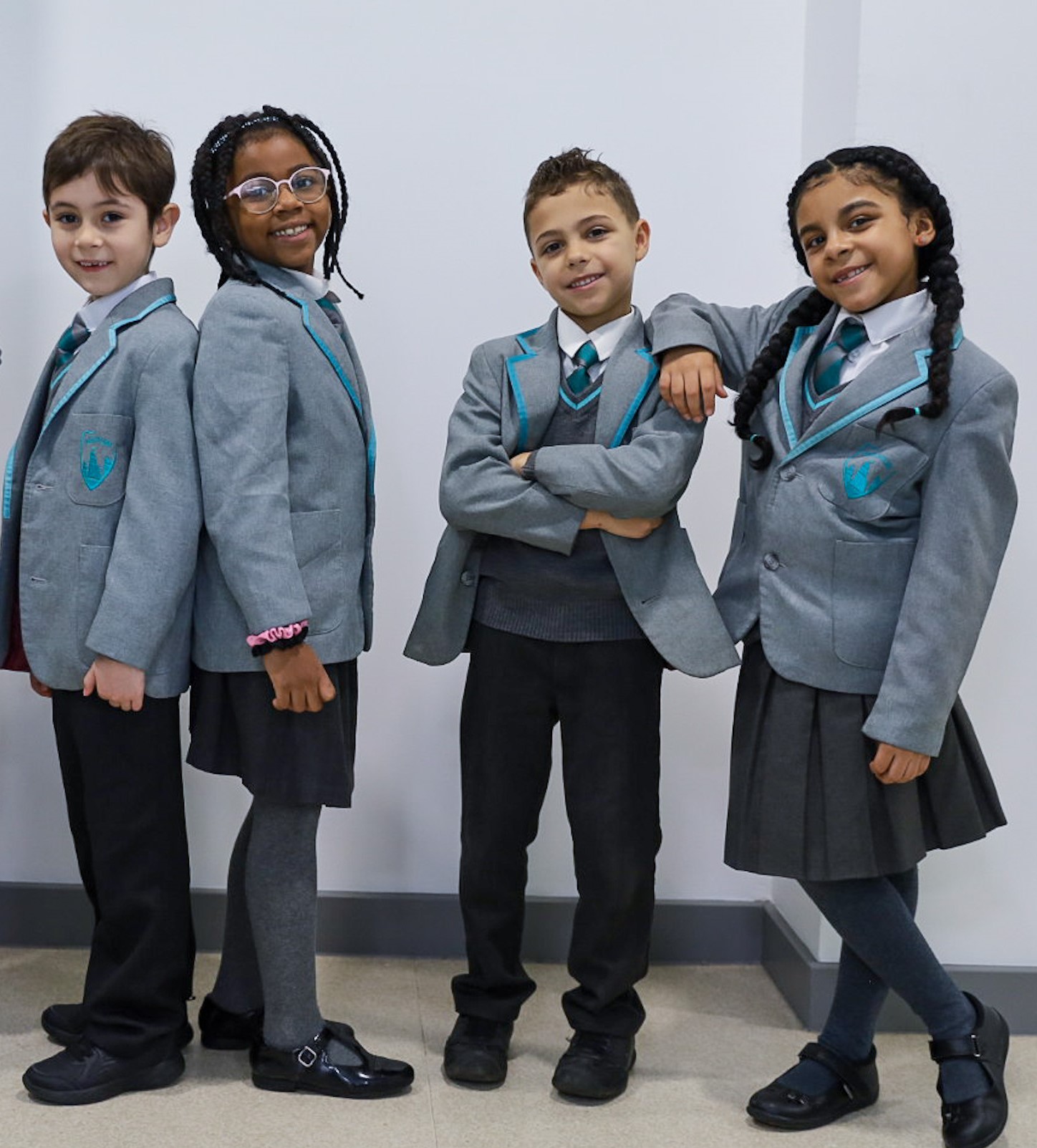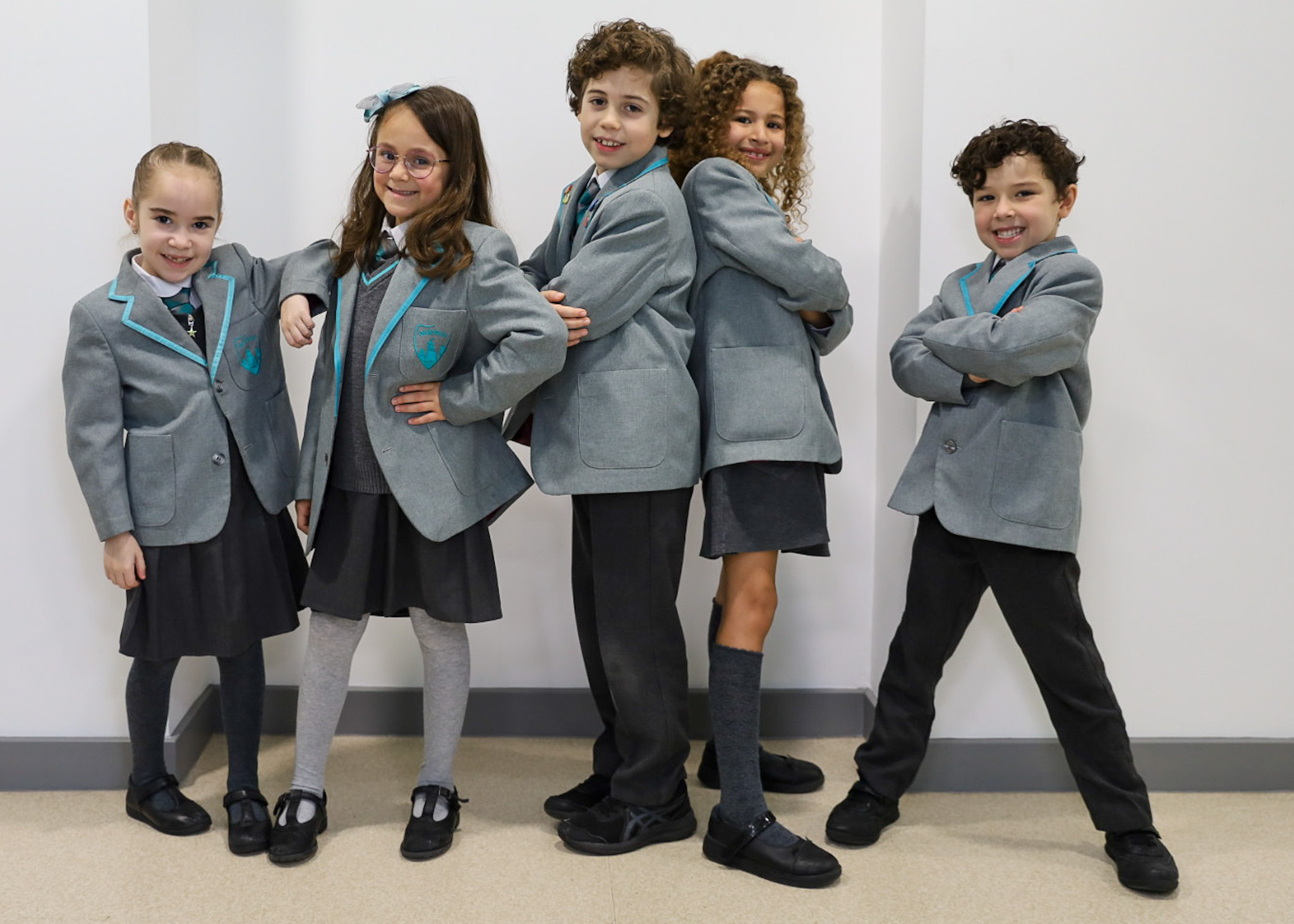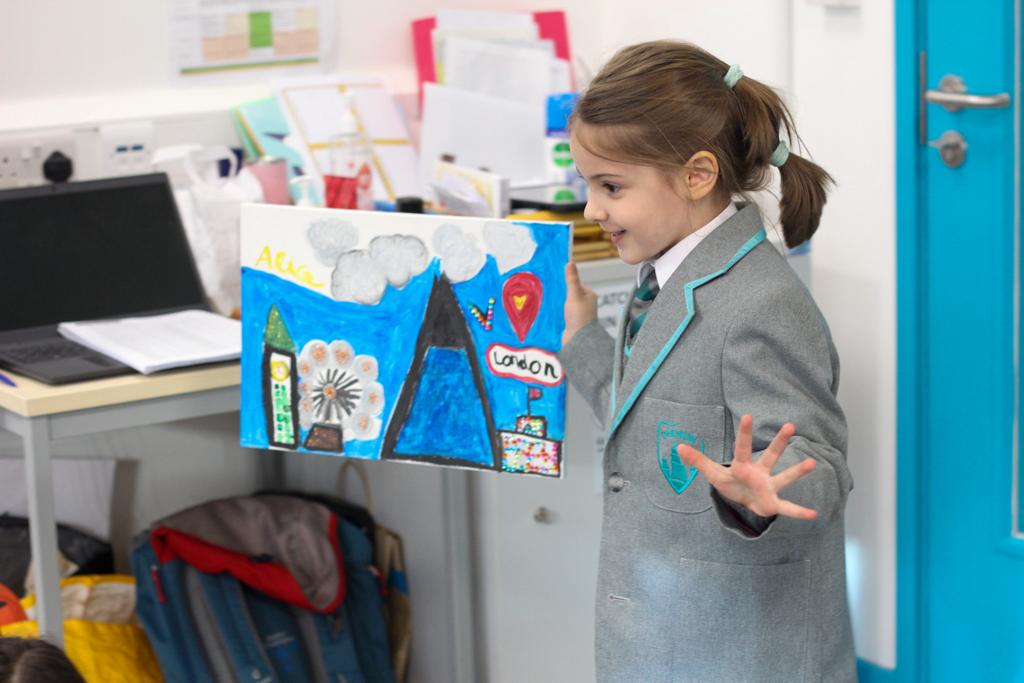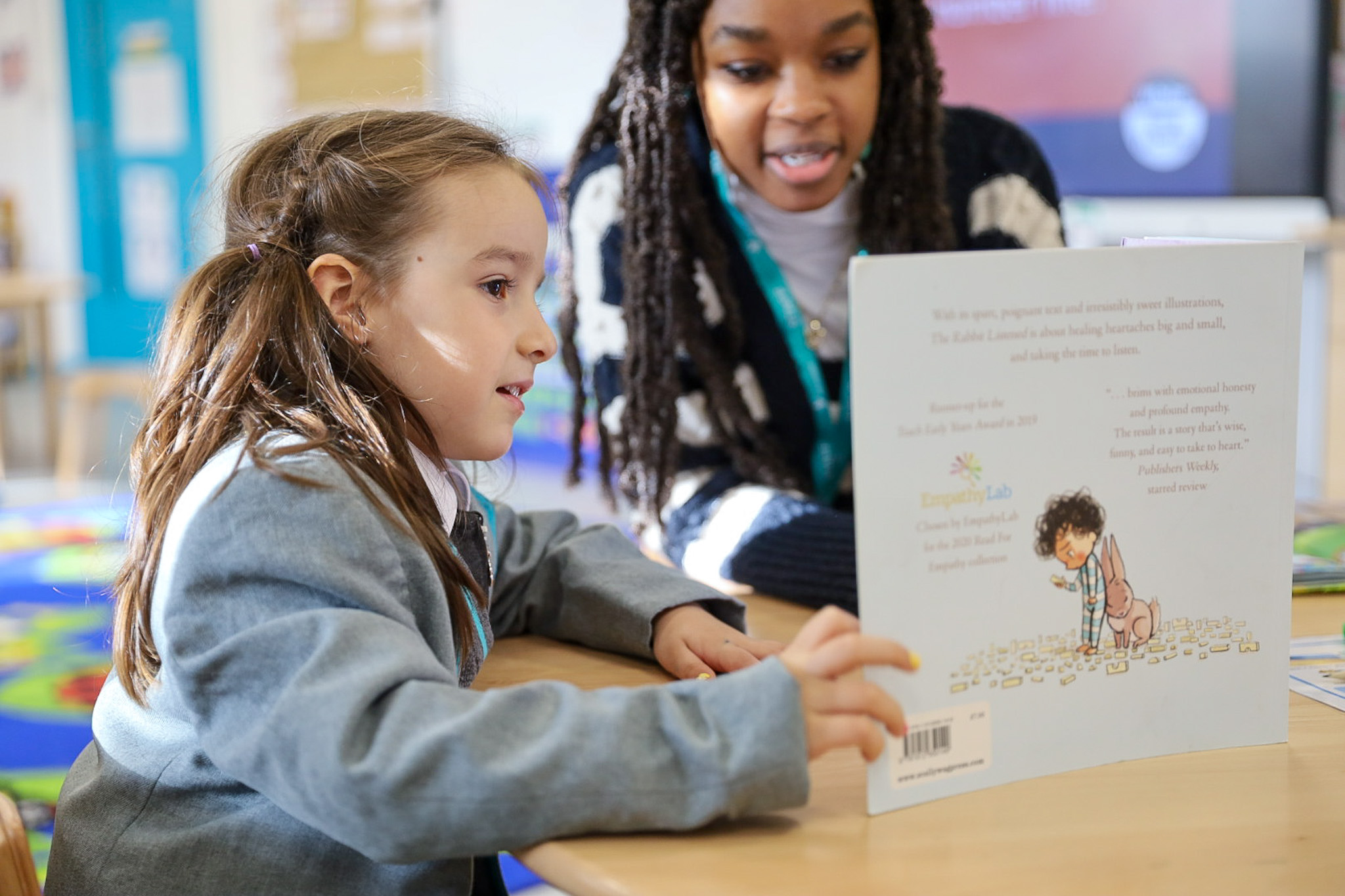At APSoL, we follow the Whiterose Science scheme of learning. Whiterose Science teaches practical approaches to science and scientific language in a fun and logical way. The schemes provides full coverage of the National Curriculum for Science but it doesn’t stop there. It also covers scientific questions around sustainability and the planet, and helps children develop an empathy for the local and wider environment.
Intent (What do we want the children to learn and why? What knowledge and skills are taught?)
We break down the essential aspects of key stage science into easily digestible chunks.
Through experiment, practice and discussion, children gain core knowledge around:
· Scientific vocabulary
· ‘Working scientifically’ skills including systematic and careful observations and following practical scientific methods
· The gathering and interpretation of straightforward scientific evidence
· The use of everyday materials and scientific equipment to solve science problems
· Articulating scientific concepts and using five types of science enquiries
We believe that children should be taught science in a way that helps nurture an understanding of the value of scientific skills. We think science learning should be engaging and inspiring.
Implementation: Curriculum coverage Long term plan
We dedicate 2 x 45min sessions to Science per week following Whiterose Science Scheme or through cross-curricular STEAM projects. The programme provides schools with a progression map of age-related topics and develops the 5 types of scientific enquiry. The scheme supports teachers with their subject knowledge, confidence with the subject and lesson delivery.
What’s included in each unit?
§ Clear learning questions and expectations
§ Flashbacks to revisit previously taught knowledge
§ Key vocabulary
§ Engaging activities to enable the learning to happen
§ Advice for each activity as to the type of recording the children could do
§ Resources required
§ Preparation required
§ Background science knowledge for teachers
§ Assessment opportunities for each of the units
§ Methods to hook children into their learning
§ Very clear and plentiful examples of how children will be able to address ‘working scientifically’ through practical learning.
Impact (How do we evaluate what knowledge and skills pupils have gained against expectation?)
For each of the units an assessment record sheet is provided by Whiterose Science. Each of these assessments will allow teachers to record children’s achievements during their studies for both the knowledge aspects within a particular unit, and some of the requirements from Working Scientifically. These record sheets, and the intended learning objectives included in the units of study will enable the teachers to identify what the children need to know or be able to do next, as well as support them at different times in the year to make summative judgements as to the children’s attainment. In accordance with the guidance in the new National Curriculum, this scheme has clearly indicated a progression in the key scientific knowledge and concepts, from Year 1 to Year 6. Each unit of study clearly indicates the aspects of knowledge, vocabulary, types of science enquiry to be developed.








